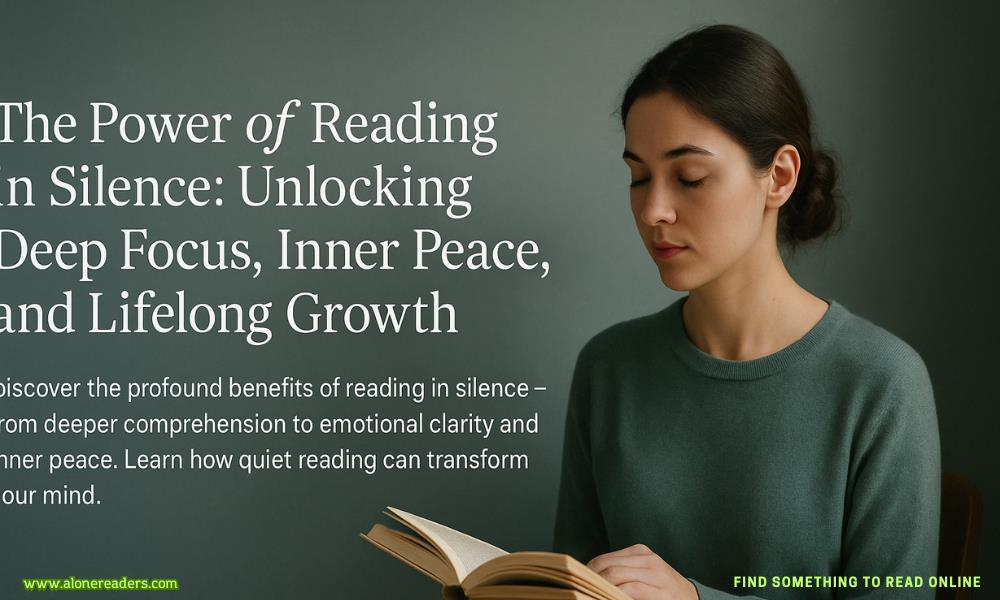Page 48 of Broken Country
Finally, with tea cleared away, it is time for the targetshooting. All the children are excited about it, even the girls, who I imagined might be bored at the idea of firing guns. We line them up in front of two hand-painted targets: red, white, and blue rings with a small black bull’s-eye at the center.
David demonstrates how to hold the air rifle, wedging it into his armpit, so the weight of the gun rests on his chest. “It’s heavy,” he says. “You need to get used to it before you start looking through the sights. Take your time, there’s no rush. Everyone will get a turn.”
He is stern as he talks to them about gun safety and the rules which must be obeyed before a shot is taken.
“Is your pathway clear? Look left to right and behind you to make sure no one is in the way. Always wait for the word ‘clear’ before you fire. Do you understand?” The children stare at him, transfixed. Yes, they say, nodding their heads. Outlining the risks simply feeds their excitement.
David stands beside each shooter, stamping out any silliness before it can begin. Jimmy and Frank are the reloaders, taking each gun as soon as it has been fired and slotting in the next pellet. The boys can hold the guns themselves and most of them hit or get close to the bull’s-eye; with the girls, Frank and Jimmy hold the gun in position, while they get used to the sights, fingers on the trigger, David’s sharp “Clear!” like a shot of adrenaline.
It is when William comes up for his turn that the atmosphere changes. William, I realize too late, is an attention seeker. He stands beside David, squirming and jiggling on the spot, swiveling to grin at the kids behind him.
“Keep still,” David snaps. “Or you won’t see the target.”
I sense it, before it happens. Something repressed in the child, a simmering frustration. He lines up his shot, David shouts “Clear!” and, like a nightmare, William spins a half circle, pointing the gun at the other children, who freeze in shock as he yells: “Take that, suckers!”
David smacks the rifle from his hand with such force it smashes onto William’s sandaled foot and he howls in pain.
David yells, “What were you thinking, you bloody little fool?” and William bursts into tears. There’s something odd about his crying, even then. He’s shocked, embarrassed, his toe is probably bruised and possibly broken, but the way he cries, a tearless, earsplitting wail, feels put on. I catch the bemused glance that passes between Jimmy and Frank.
“Do you have any idea how dangerous that was?” I say, crouching down to examine William’s foot.
His big toe is bright red, the nail already beginning to discolor—it will bloom from maroon to black in no time.
“It was only a joke, it was meant to be funny,” William says, but David snaps at him.
“Your finger was on the trigger. You could have killed someone. There is nothing funny about murder.”
William buries his face in my chest and I force myself to put an arm around him as we walk back to the farmhouse.
Alison, William’s mother, is waiting in the yard with the other parents. As soon as he sees her, William starts up with the deafening wail, his limp exaggerated.
“Stop that!” Alison says to him. And then to me: “What’s wrong with William’s foot?”
“He’s bruised his toe—” I begin, but David steps out in front of me. I hadn’t realized he was following so closely behind.
“I’ll explain, Beth. I’d like to get across the severity of what just happened. Your son did something so unbelievably stupid and dangerous this afternoon he could have killed someone. The kids were target shooting with air rifles—heavily supervised, I might add, we were rigorous in our safety instructions—but, somehow, William got it into his head it would be funny to swing around and point his gun at the other children. I knocked it out of his hand andthat’s how he came to bruise his toe. All I can say is we are very lucky the injury is such a small one. It could have been so much worse.”
“William, shut up!” Alison snaps, silencing her son’s caterwauling in a heartbeat. “Am I to understand the children were playing withgunsat the party?”
“Air rifles, Alison,” I say. “Target shooting. It was written on the invitation.”
“What kind of person invites a class of nine-year-olds over to play with guns?”
I see the other mothers watching intently, not sure which camp they should belong to. They all knew about the shooting activity.
“What you really need to be asking yourself,” David says, “is what kind of child, despite repeated instructions about safety, would turn his gun on his classmates? Whether or not he intended to shoot, I didn’t wait to find out.”
I notice how far apart Alison and William are standing, how she hasn’t looked at him or tried to comfort him once, how he cowers as he watches her. I thought she was meek and timid, but this woman is all steel and cold, suppressed anger.
“I should never have let him come. You don’t take enough care. Everyone knows what your family is like.”
“Do tell,” David says. “What are we like?”
“Reckless.” Alison spits the word out, a bad fairy come to ruin the party. “Sooner or later something bad will happen and, when it does, it will be your own fault.”
The Trial
Robert Miles, our barrister, has given us a full list of the witnesses appearing in court but it’s still a shock to see Alison Jacobs on the stand. She could not look more mousy and unprepossessing with her limp hair and pallid skin; the shapeless, unalluring costume she favors. Beneath lies a heart of ice.
- Her Desert King by Marian Tee
- A Wife's Duty by Sam Crescent
- The Gift that Keeps On Giving by Jessa Kane
- Hard Hearts by Ella Goode
- Obsidian Devotion by Sylvia Rae
- Sold to the Single Daddies by Summer Haze
- Coast by Jessica Gadziala
- Jezebel's Liberation by Lacy Rose
- A Touch of Fate by Cora Reilly
- Relentless Knight by Lisa Cullen
- The Cheerleader by Jade Marshall
- With this Ring by Sierra Cartwright
- Axel by Kelly Finley
- Ice Cold Liar by Cynthia Eden
- Her Daddies' Everything by Laylah Roberts
- Bound By Lust by Rose Marie







